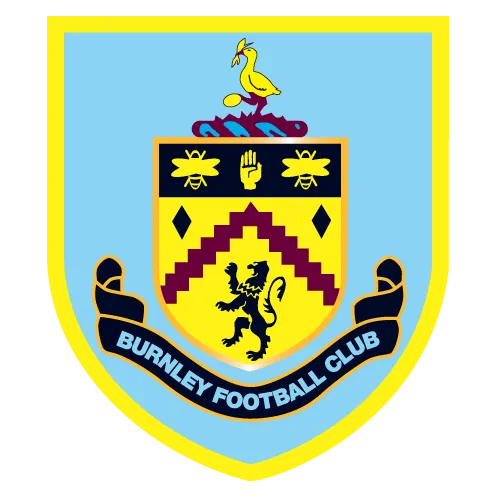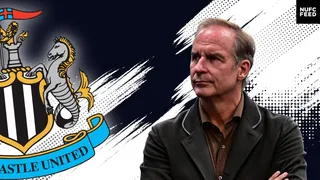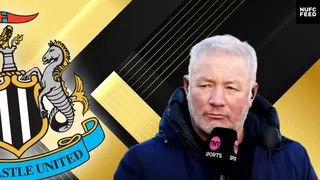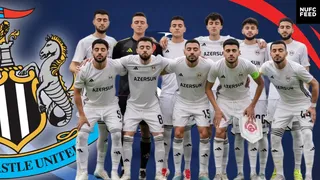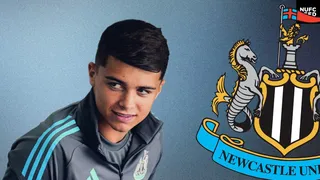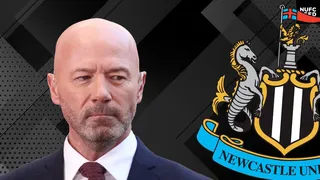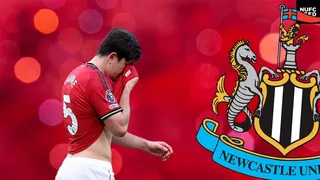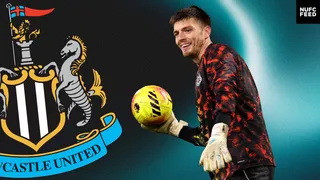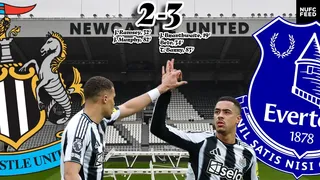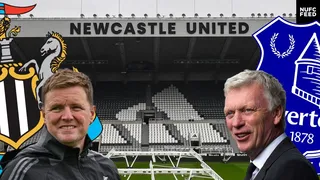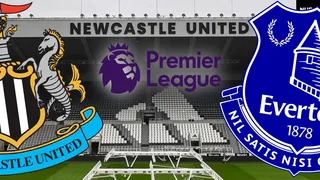What is a "conditional" television broadcast selection?

The Football Supporters' Association (FSA) is the national, democratic, representative body for football fans in England and Wales. The association advocates for supporter ownership, better fan engagement, cheaper ticket prices, safe standing, fan rights, good governance, and all types of supporter empowerment.
The FSA takes a keen interest in the relationship between television broadcasters such as Sky and football supporters, with a particular focus on how professional football fixtures that are selected to be shown on television impact the lives of fans.
What's the problem with professional football games being televised?
Television selections have caused headaches for supporters for many years now, with broadcast announcements often missing self-imposed deadlines and giving supporters little time to plan and prepare for away trips or long-distance trips to watch the teams they love.
The number of games being televised is at an all-time high and more British clubs than ever are playing in European competitions, meaning that disruption caused by broadcast selections is also at an all-time high.
What is a "conditional" TV broadcast selection?
This is a game that is selected for television broadcast and has its kick-off moved from the traditional Saturday 3 p.m. timeslot, but remains at high risk of being moved again because of a potential fixture clash.
Games can now be moved twice or more, in some extreme cases, creating a significant headache for fans planning to attend.
What was the impact of conditional TV broadcast selections in the 2022/23 season?
In August 2022, Chelsea's home match against West Ham United was rescheduled at just five days' notice, shifting from the newly assigned Sunday 2 p.m. start time to a conventional 3 m. Saturday slot, as Chelsea were slated to participate in Champions League football the subsequent Tuesday evening.This debacle incited fans of both sides to lambast the Premier League and its broadcasters, accusing them of handling supporters with disregard.
Stamford Bridge once again found itself in the eye of the storm in October 2022, this time with the arrival of Manchester United. Selected for broadcast in July without a confirmed start time, it wasn't until a fortnight prior that a kick-off time was at last settled.
Initially, London's Metropolitan Police classified the match as too high risk and refused to commit to policing the event until it was moved. Ultimately, a compromise was found, reducing Manchester United's away allocation by 624 to a total of 2,370 (from roughly 3,000) even though away tickets were already purchased, travel plans made, and accommodation reserved. Manchester United Supporters' Trust sought counsel on behalf of the fans left at a loss and even pondered legal action.
The upheaval was not exclusive to these two clubs, as our own visit to Tottenham Hotspur was postponed by 24 hours to the Sunday evening kick-off in order to fit both games into the weekend's broadcast timetable. Throughout all of this, supporters were caught up in the tumult, unable to arrange travel or take time off work to attend matches as the leagues, broadcasters, and police played a game of hot potato.
Have conditional TV broadcast selections impacted the 2023/24 season?
For August and September 2023, two matches (and four groups of supporters) are susceptible to disruption. On Saturday 16th September, Arsenal's visit to Goodison Park to take on Everton has been selected by Sky Sports for a 5.30 p.m. kick-off, but it's at high risk of being relocated again due to the Champions League draw.
Similarly, Brentford's away match at St. James' Park against our very own NUFC has been picked by the same broadcaster for a late Sunday kick-off at 4.30 m. on 17th September. Given that the Champions League group stage draw doesn't occur until the 31st of August, fans are left in limbo – uncertain about their fixtures just 16 or 17 days prior to the scheduled matches.
In another case, the Luton Town vs. West Ham United match has been selected for an 8 m. kick-off on Friday 1st September. However, it will be rescheduled if the Hatters are obliged to play a League Cup match on the preceding Wednesday – something that’s totally contingent on their draw.
How is the FSA attempting to combat conditional TV broadcast selections?
The FSA has consistently brought this issue to the attention of leagues, broadcasters, and the relevant authorities, yet little advancement has been made. There is clearly little willingness to safeguard supporters from the inconvenience brought about by TV selections, especially when balanced against multi-billion-pound broadcasting contracts.
But conditional selections appear to be a clear starting point – a match simply should not be permitted to be moved more than once for TV purposes. If a game is at risk of being relocated twice or more, the FSA simply doesn’t believe it should be eligible for selection.
Is it possible to join the FSA?
It is, and it's free for individuals! Click here to learn more.


















